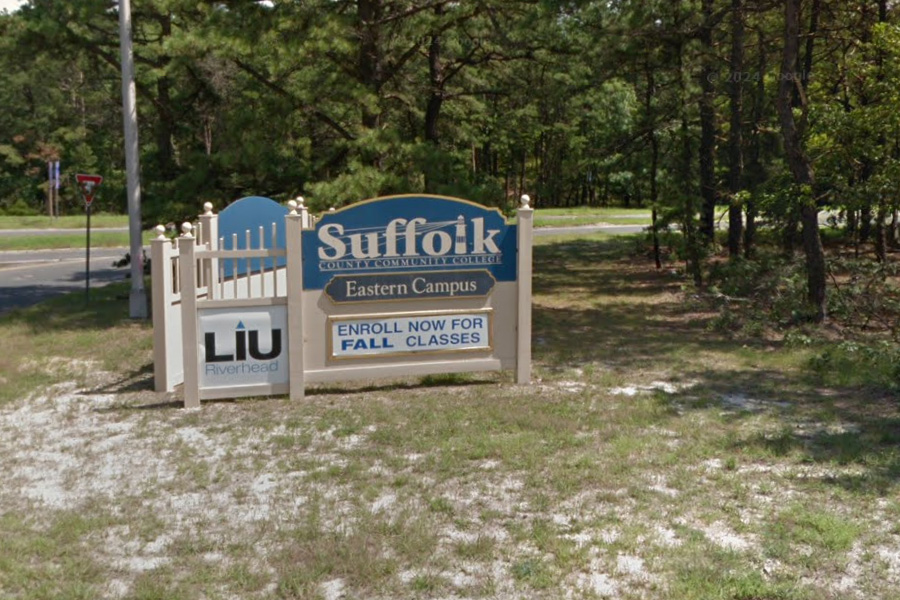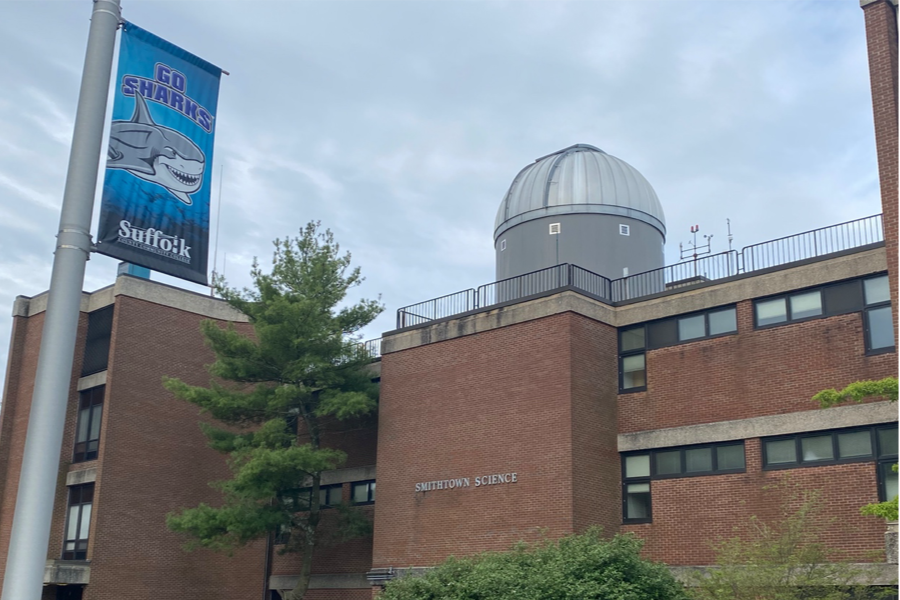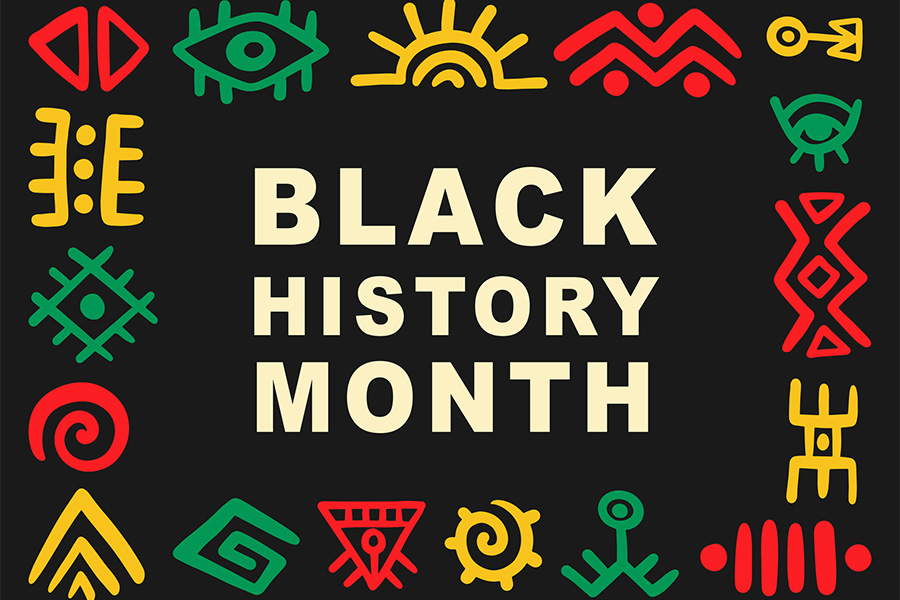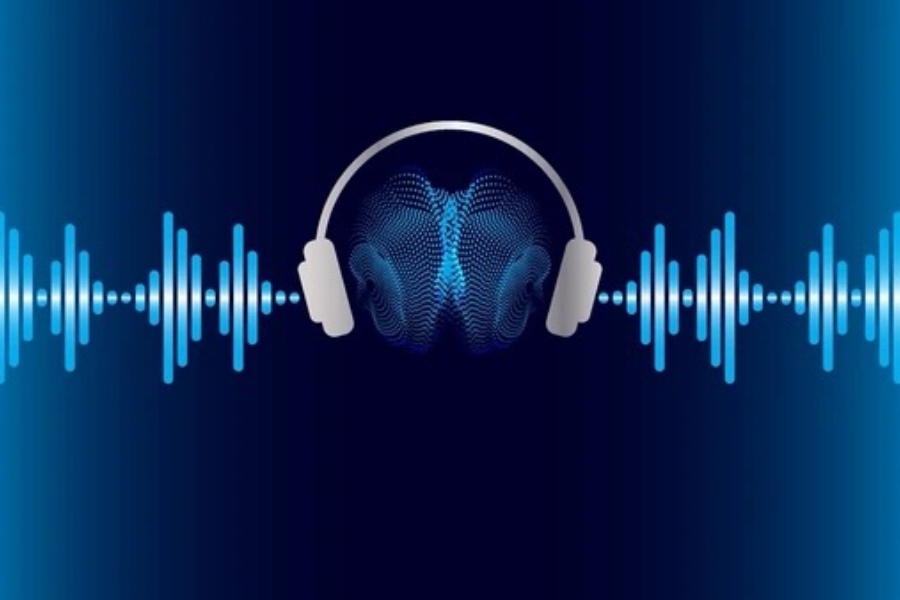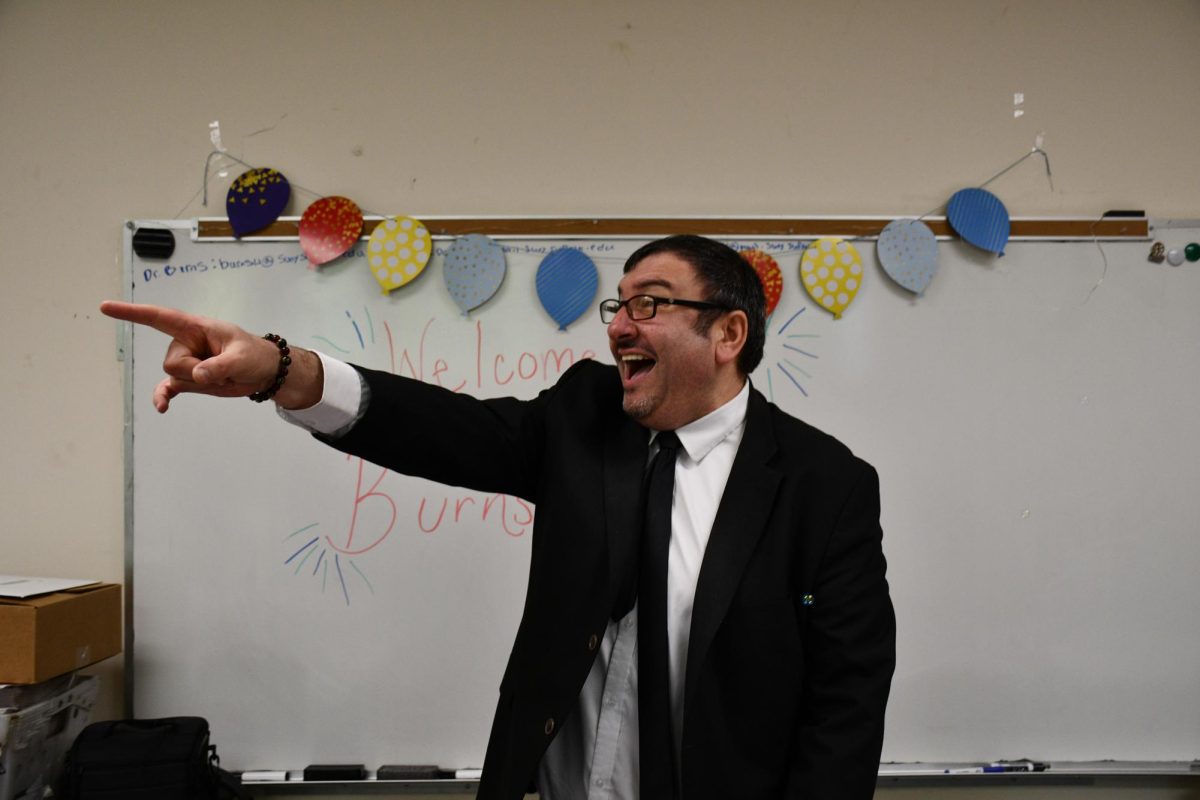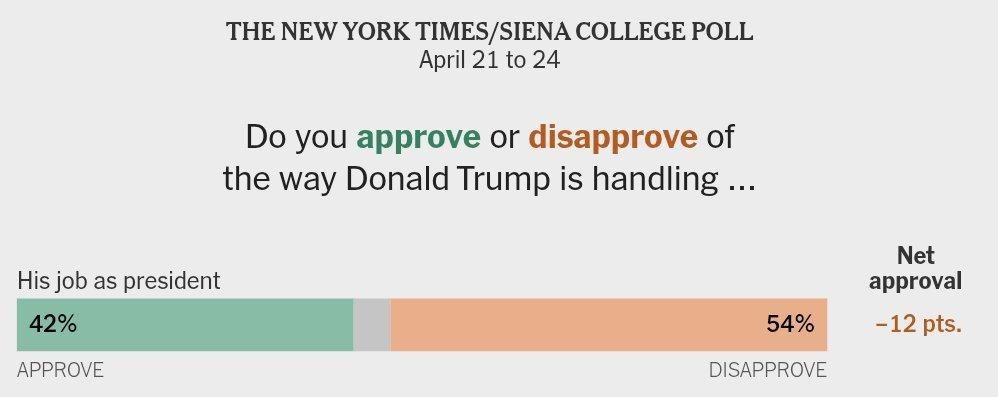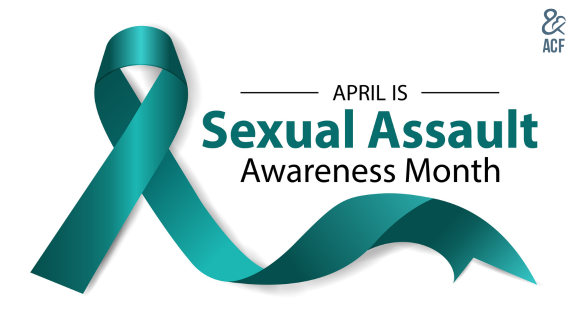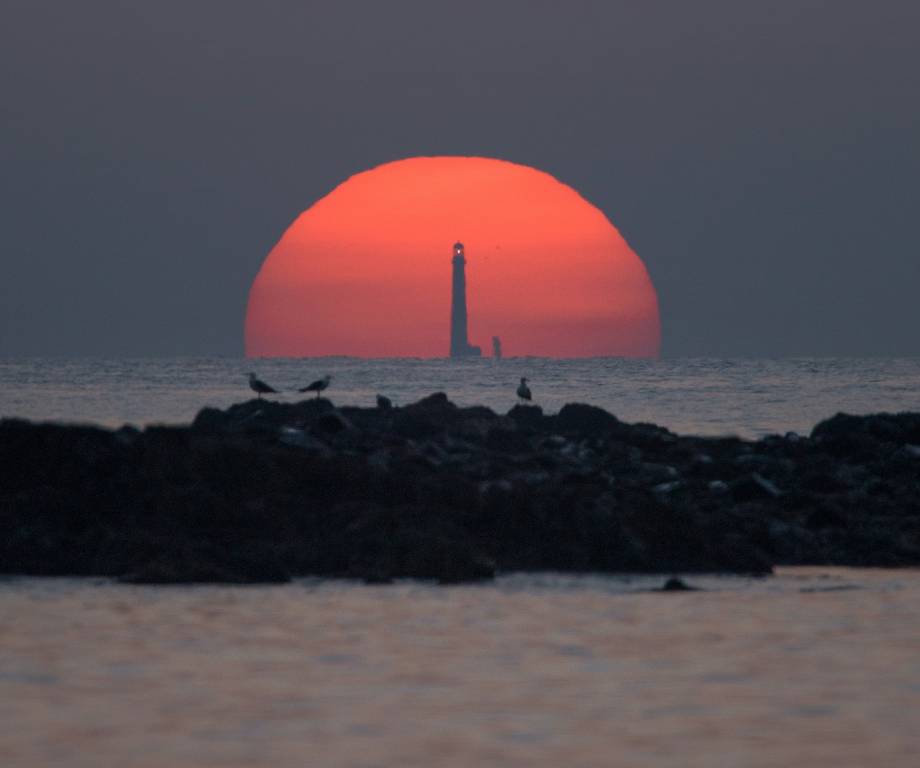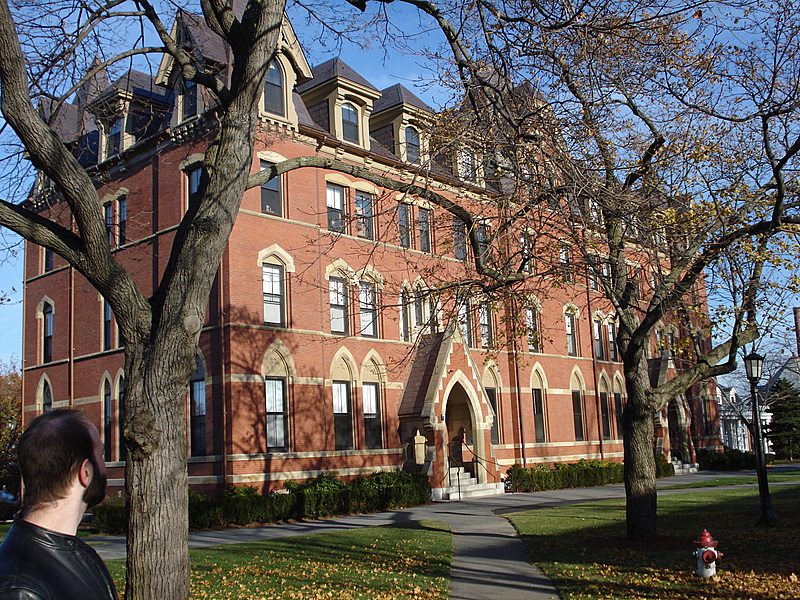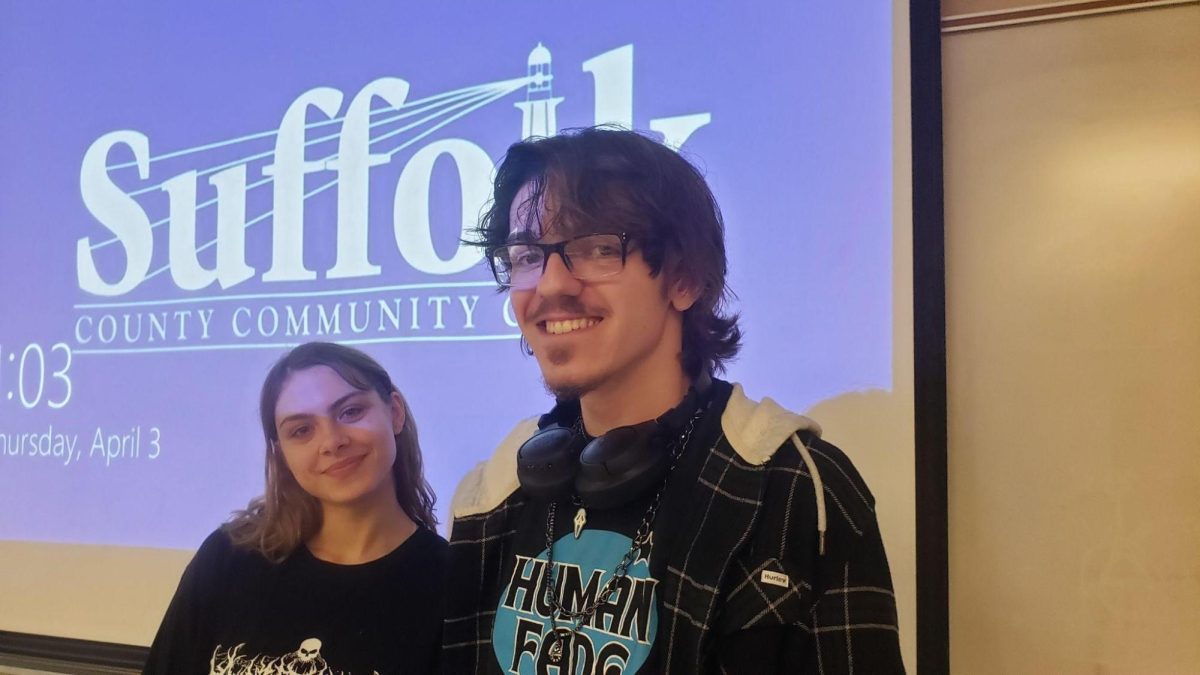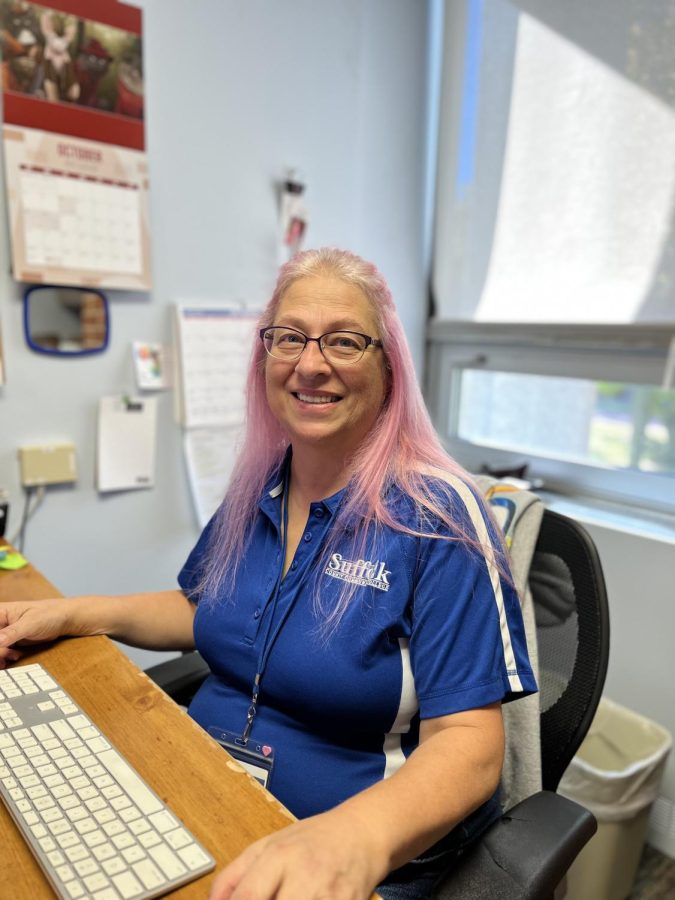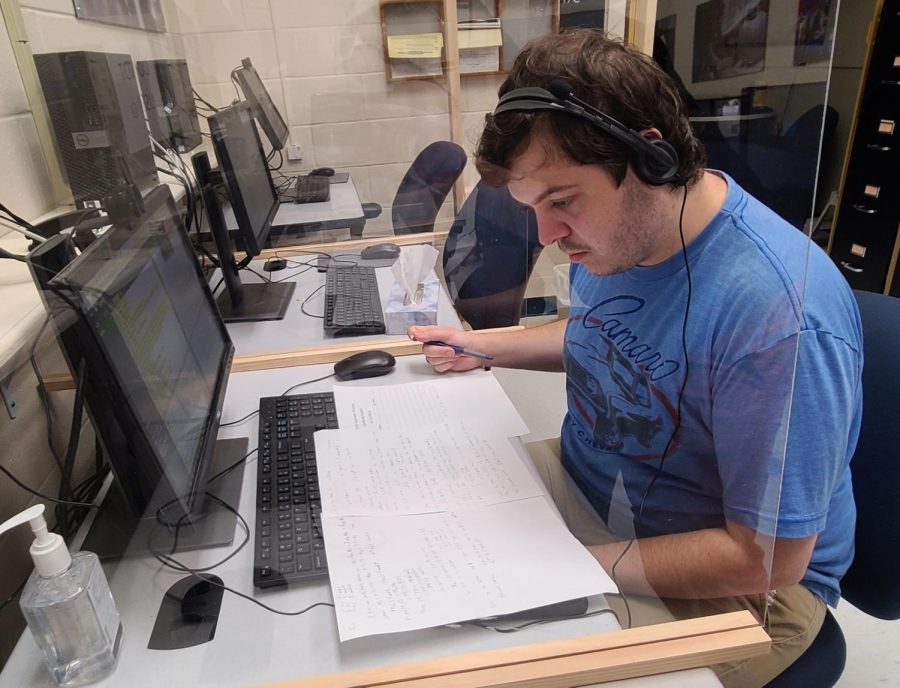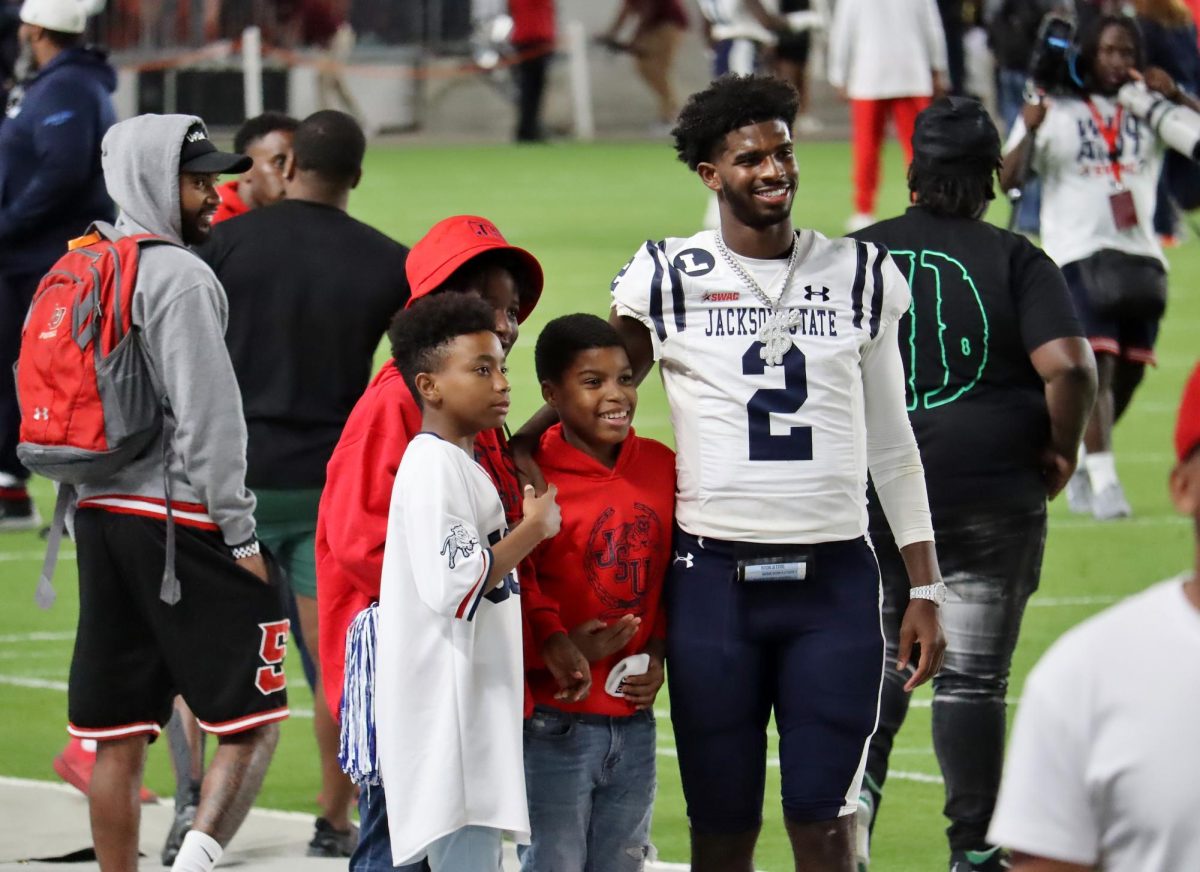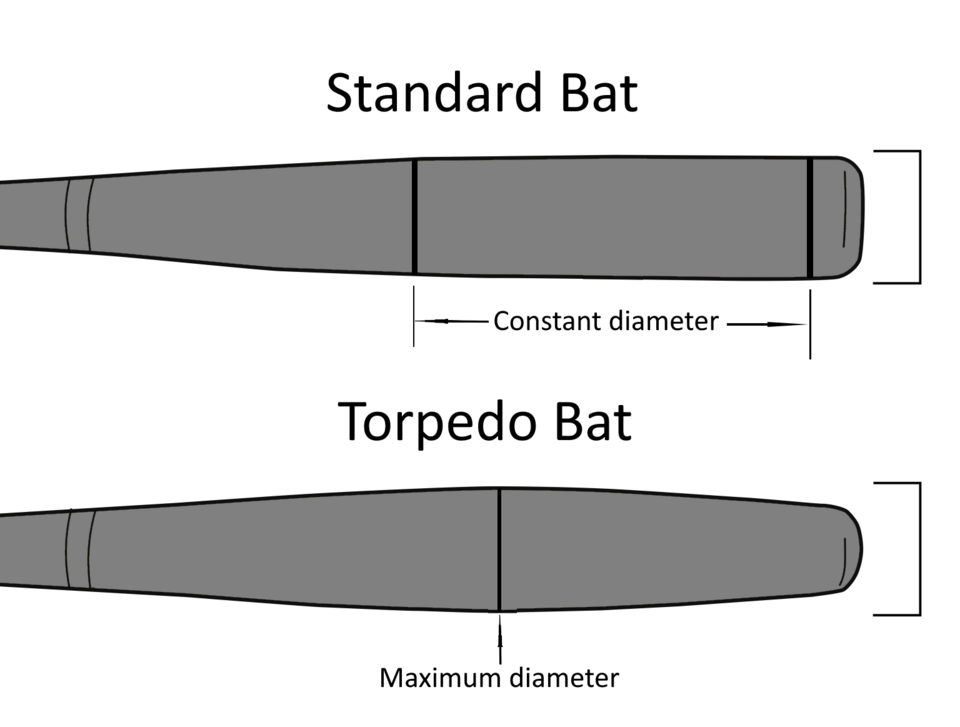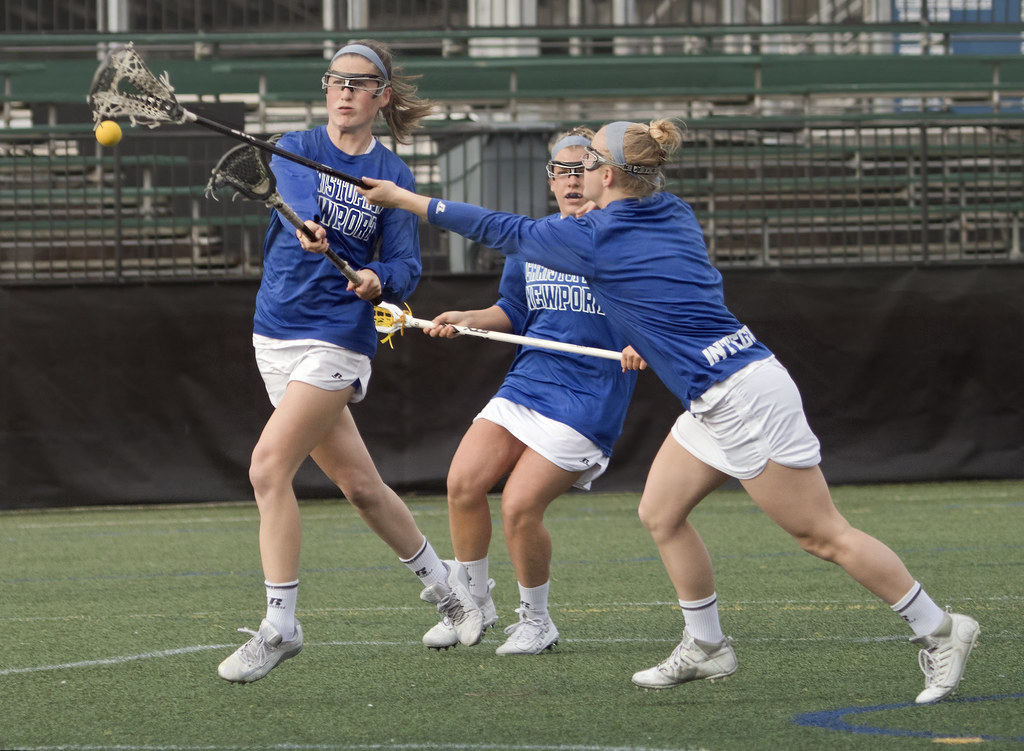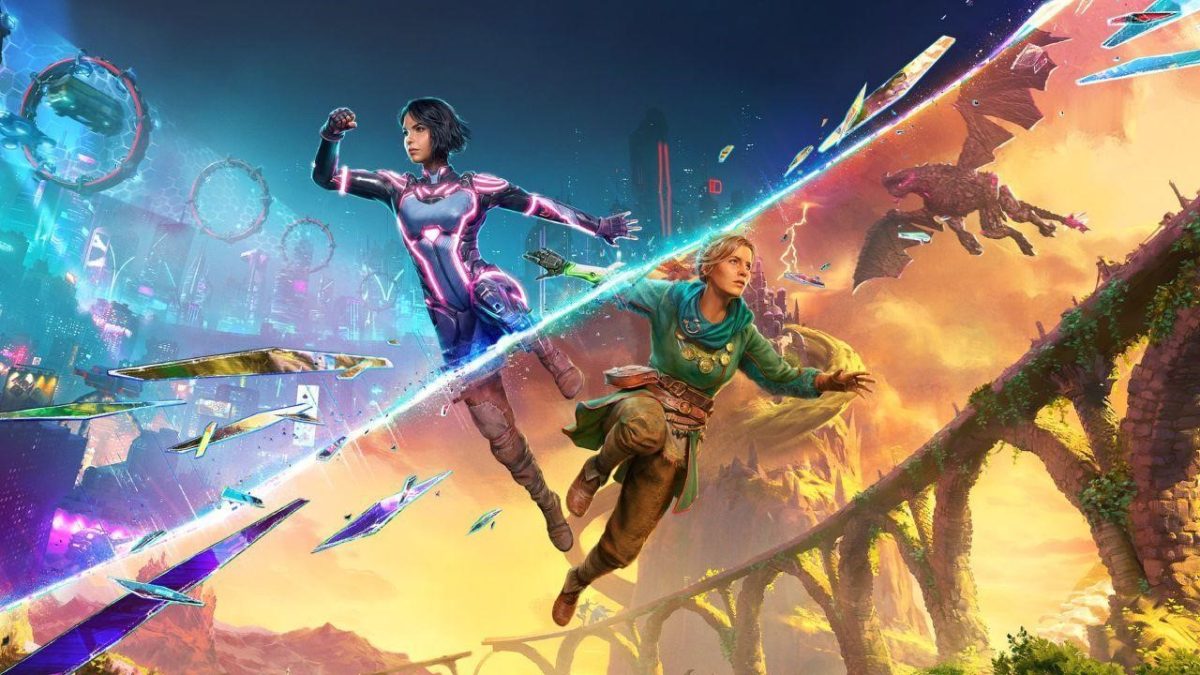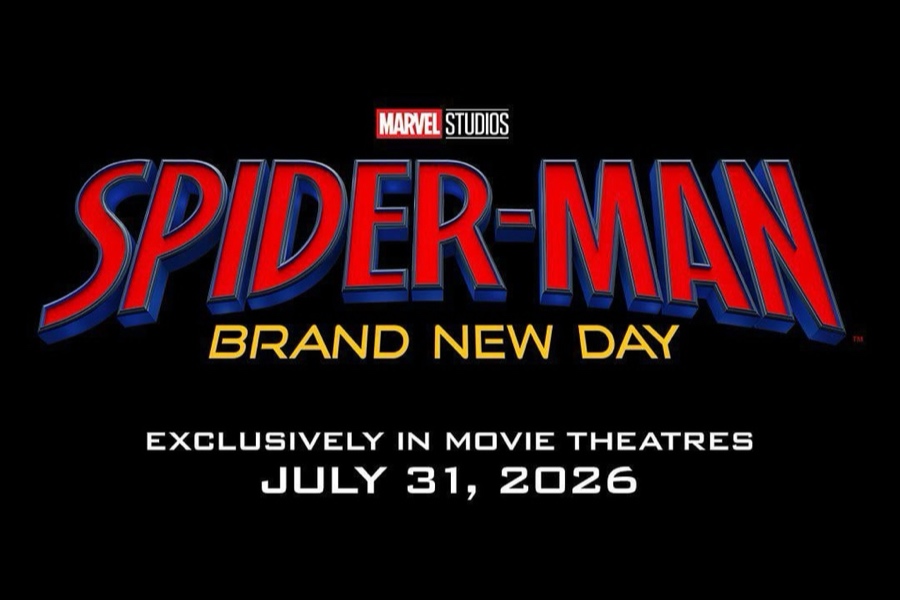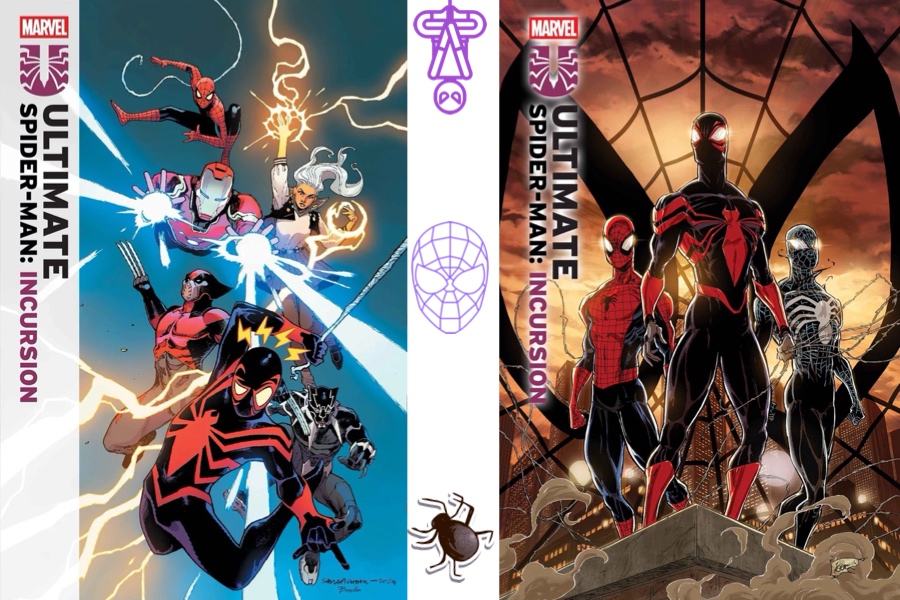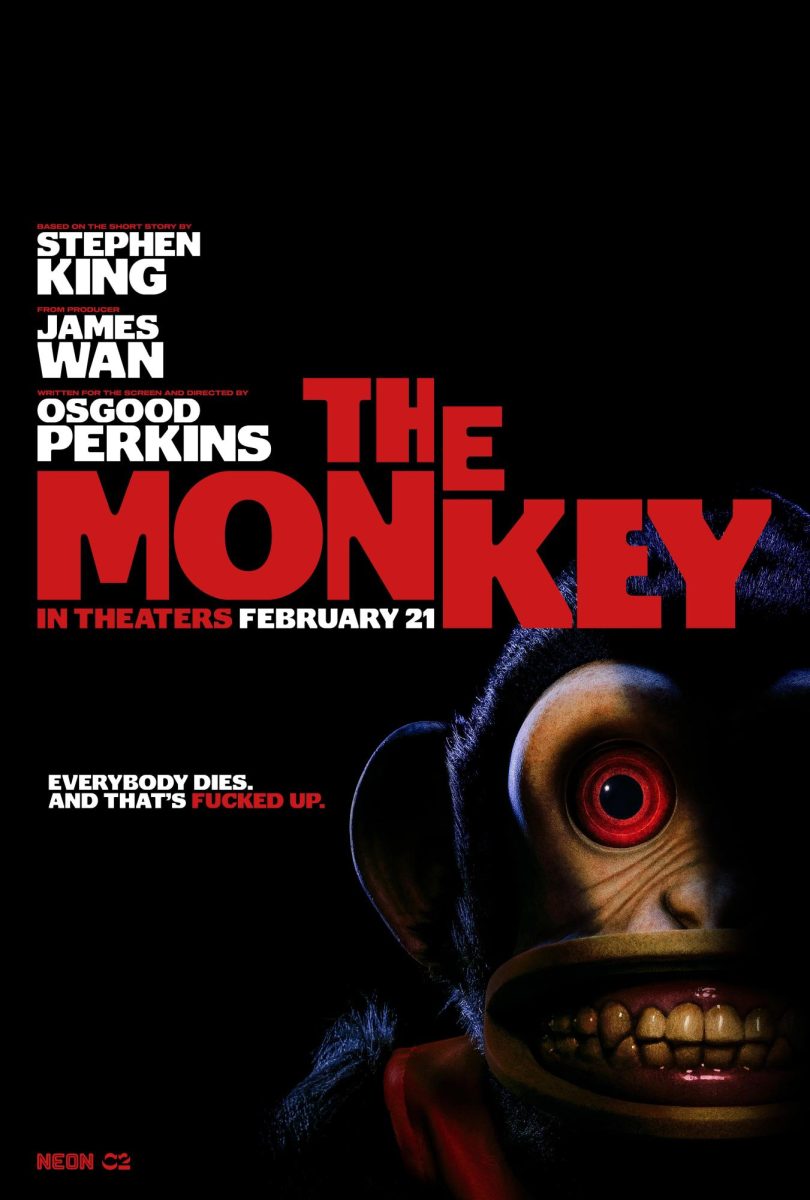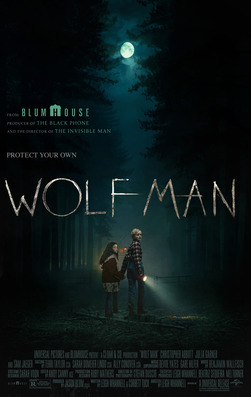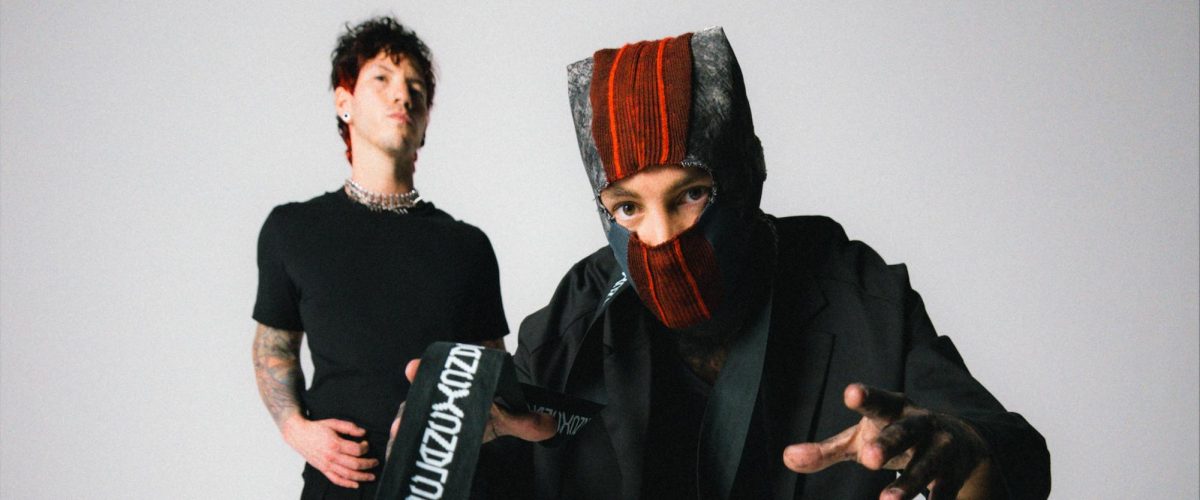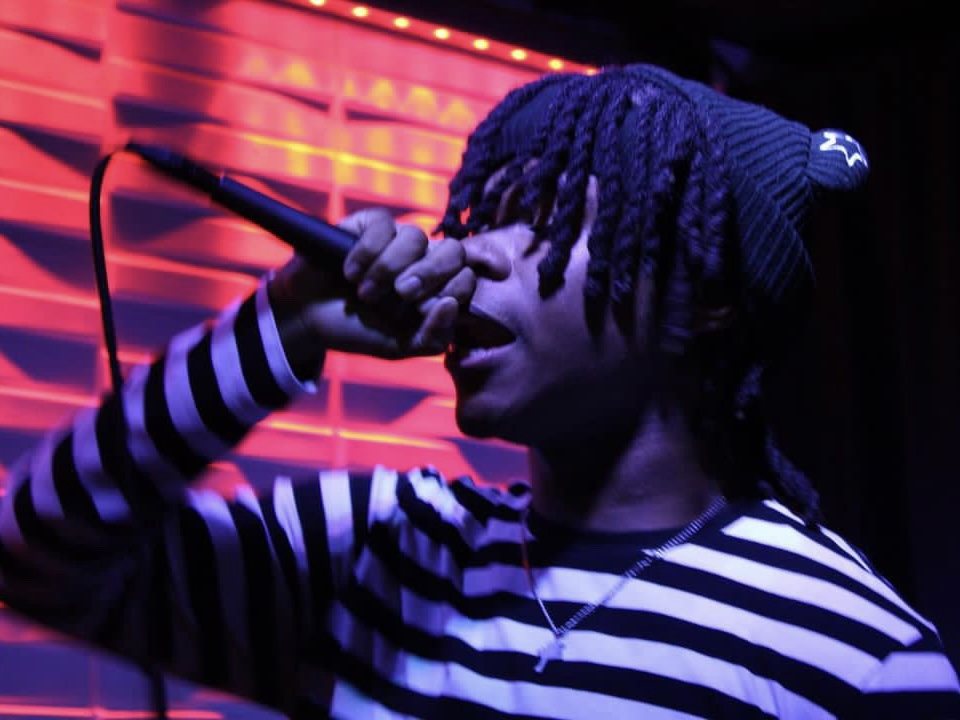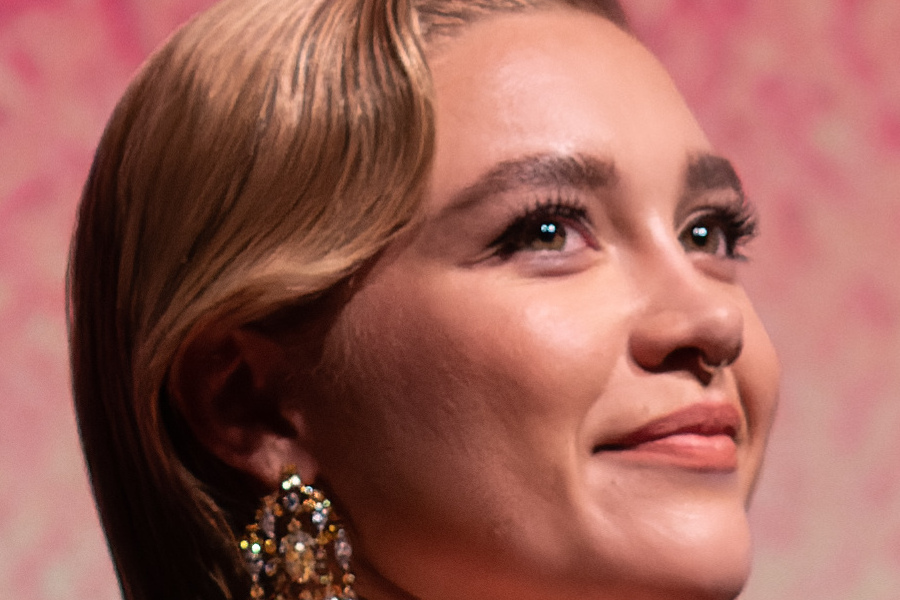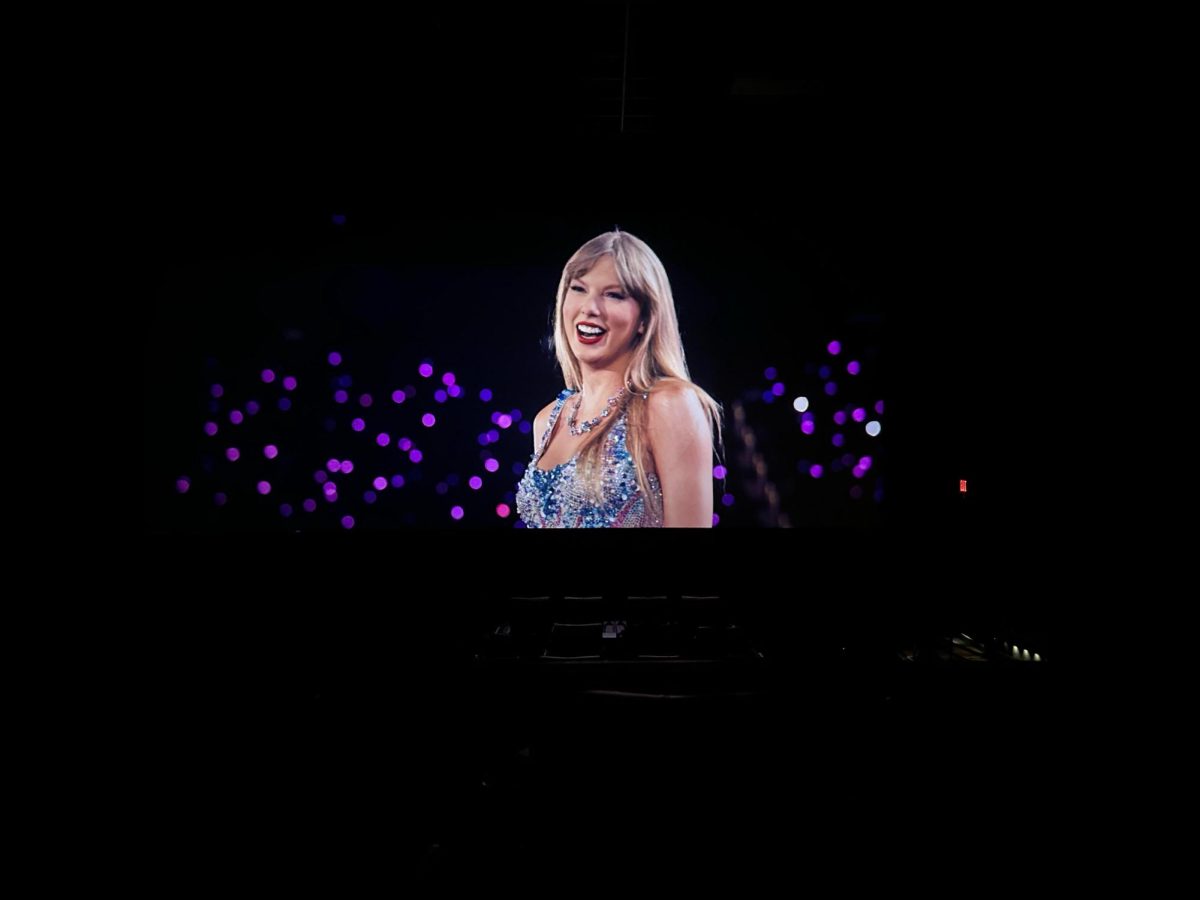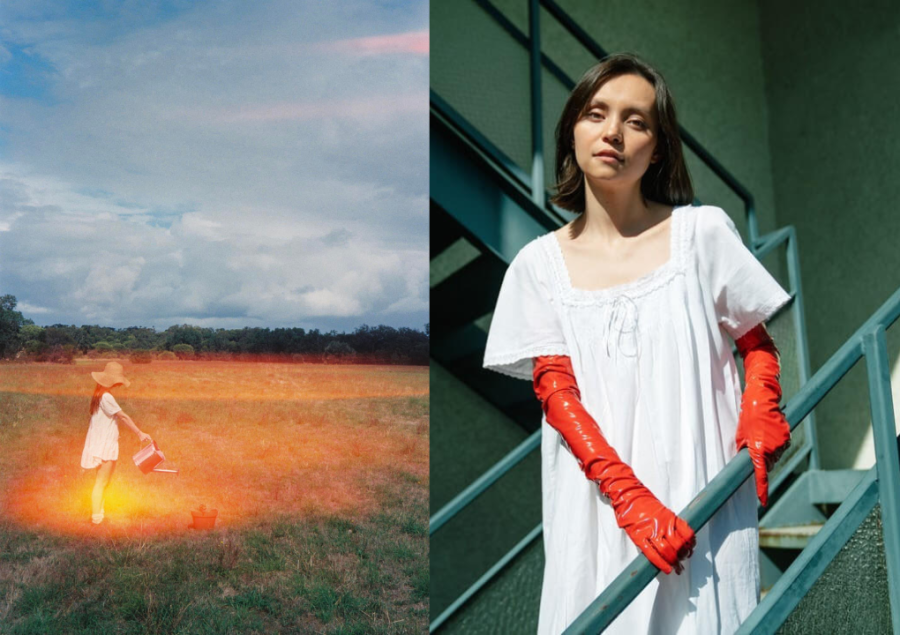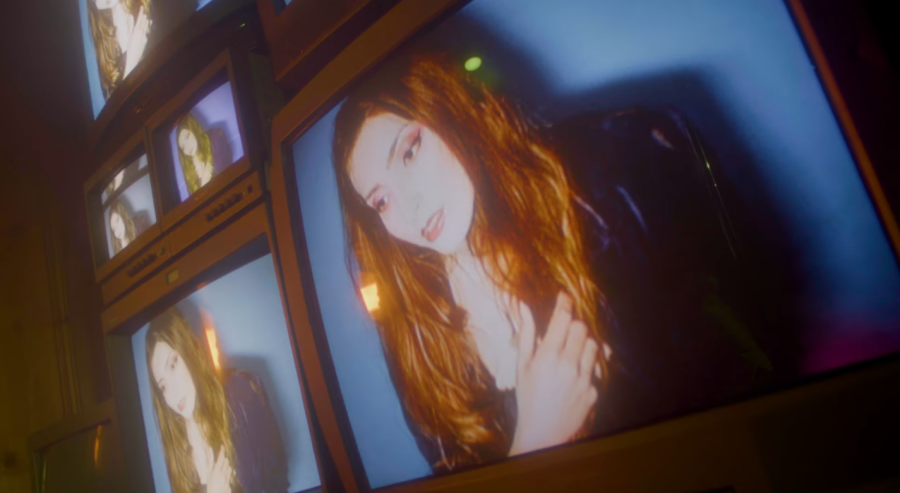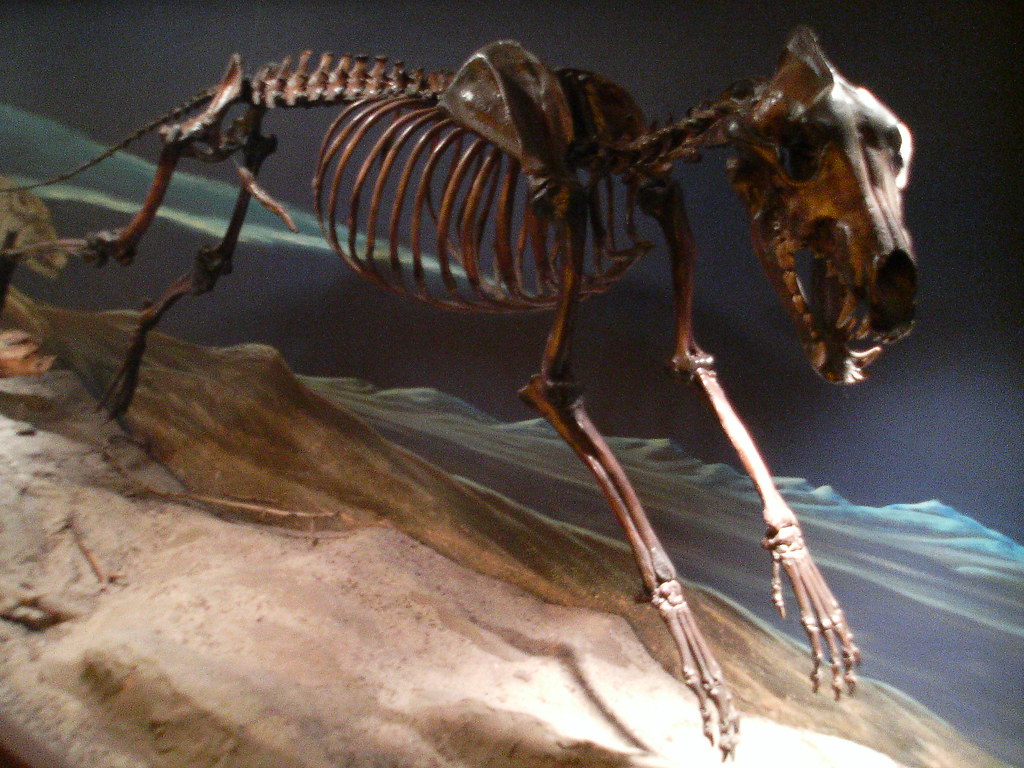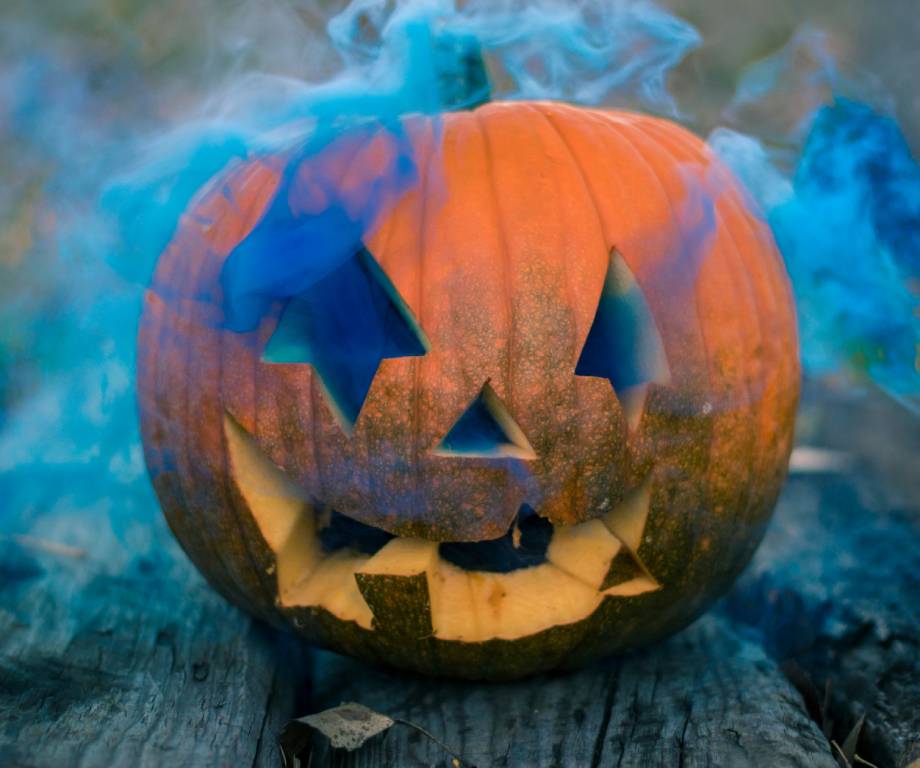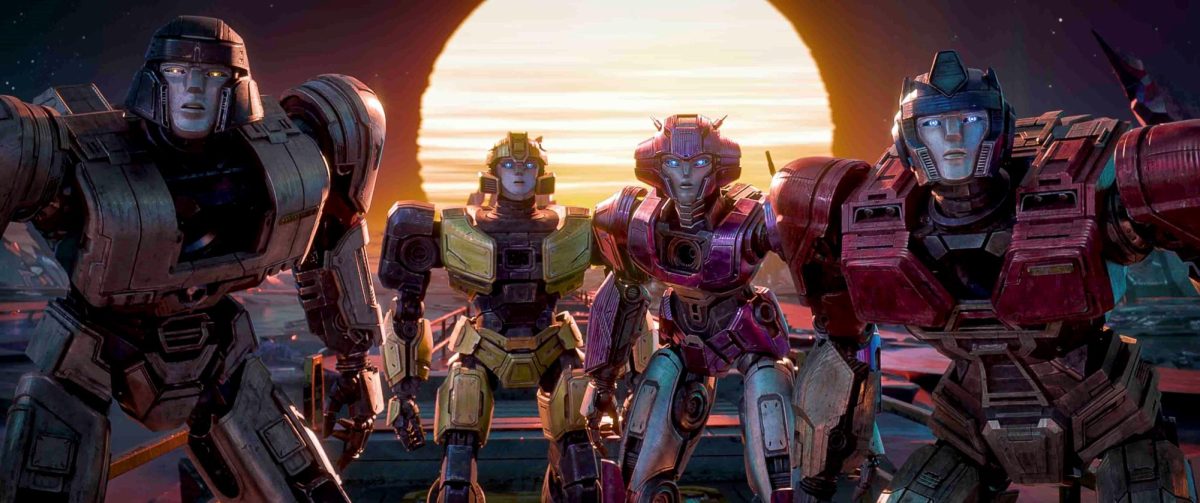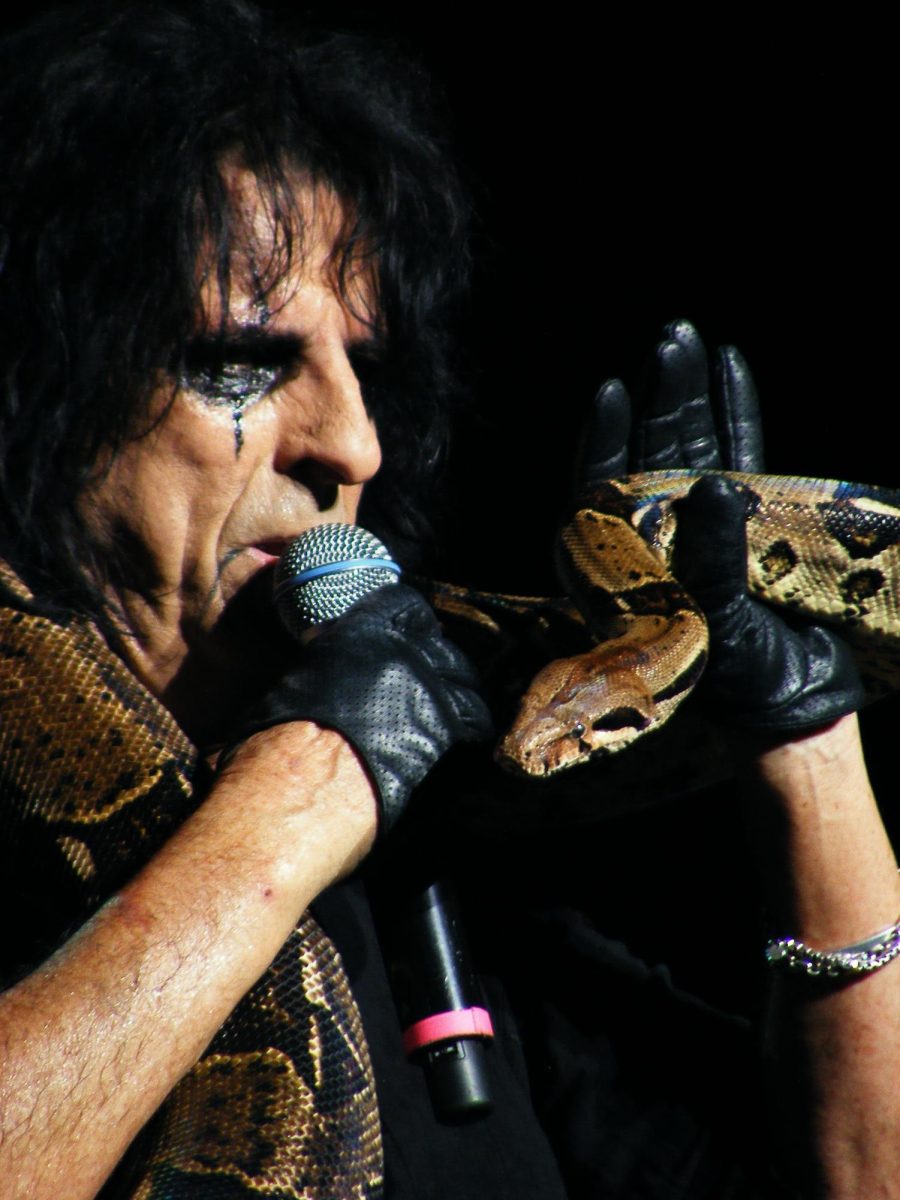Horror and rock-n-roll, the Romulus and Remus of modern popular culture. From these two artistic founts, the best and worst of the 20th/21st centuries have been celebrated, denounced, vilified, and worshipped. Revolutions in consciousness and creativity, it is no surprise that these dual forms of media have been attacked and scapegoated continually and mercilessly by the powers that be, desperate to keep everything at a stifling, soul-crushing status quo. As Halloween approaches, the work of two ground-breaking artists should be on the playlists of any self-respecting lover of the savage excesses of horror rock.
Alice Cooper
The godfather of shock rock, Alice Cooper brought the grisly aspects of Hershel Gordon Lewis and the burgeoning gore film to the power chording of early heavy metal and glam. Beginning as an acid rock band signed to Frank Zappa’s Straight label, the sensibilities of Alice Cooper (supposedly named by a Ouija board session) flew in the face of the prevailing hippy mentality; rather than peace, love, and understanding, Alice Cooper exuded hate, lust, and decadence. With each album, Alice Cooper the band became Alice Cooper the evil Cabaret host, wallowing in excess, sickness, and death, extolling the interchangeable thrills of sex and murder on such tracks as “I Love the Dead,” “The Black Widow” (with narration from Vincent Price), and “Dead Babies.” Alice’s masterpiece Love it to Death (1971) is a glorious mess of an album with the deathless “I’m Eighteen,” “Black Juju,” and especially “The Ballad of Dwight Frye” establishing the horror film ethos of Alice’s whole aesthetic. As Alice became a horror rock icon, his macabre stage show became more elaborate and questionable, a Grand Guignol spectacular dedicated to all the worst aspects of the human condition. Goya-esque depictions of insanity, dismemberment, torture, suicide, and capital punishment were embraced by jaded post-Vietnam audiences numbed from repeated viewings of real causalities on the nightly news. Unfortunately, the price of being the most shocking rocker led to all sorts of temptations such as alcohol, drugs, and the worst of all, commercialization and absorption into the gaping maw of the entertainment industry (notwithstanding Alice’s amazing appearance on The Muppets trying to collect Kermit’s soul and his ultracool Nightmare TV special). Although now a spent musical force (Welcome 2 My Nightmare?), his acting appearances in John Carpenter’s criminally underrated Prince of Darkness, Monster Dog, Dark Shadows, and Freddy’s Dead: The Final Nightmare as well as his slasher cinema infused concerts touring with his shock rock offspring Rob Zombie display his rightful place in the horror pantheon of immortals.
Roky Erickson
The father of horror rock (he even coined the term), Roky Erickson’s life reflects the horror films his songs celebrate and use as metaphors for his mental and metaphysical struggles. As a member of the 13th Floor Elevators, Roky combined bluesy garage rock with the dawning psychedelic consciousness and the counterculture imperative to experiment in music and lifestyles. His willingness to put his art, his health, and his freedom on the line in order to authentically embrace the mind-altering chemical explorations (a truly heroic diet of LSD, Mescaline, and DMT) and philosophical alternatives resulted in mental breakdowns, incarceration in psychiatric hospitals, and involuntary electroshock and Thorazine therapies. After four years in a hospital for the criminally insane, Roky was released but he had been significantly changed by his harrowing experiences. No longer a naïve flower child, Roky believed he was inhabited by an alien and would exorcise the terrors he endured through writing lyrics that dealt with horror and sci-fi films, the supernatural, and the occult. His first solo single, backed by the Blieb (an anagram of “Bible”) Alien band, was the unbelievably raw and uncomfortably sincere “Two Headed Dog (Red Temple Prayer),” a ferocious track that must have shocked all those were used to the Elevator’s more benign, hippish sentiments. On the strength of this single, Roky and the Aliens recorded a session produced by CCR’s Stu Cook that established the genre conventions for horror rock that have not been bettered. Songs such as “I Walked with a Zombie,” “Creature with the Atom Brain,” “White Faces,” “I Think of Demons,” and “Bloody Hammer” mixed blistering hard rock with Buddy Holly melodies and bizarre lyrics that on paper make absolutely no sense (“Click Your Fingers Applauding the Play”?) but when sung by Roky take on the gravity of Old Testament truths. The tracks were split between two albums The Evil One and I Think of Demons but really should have been one cohesive mighty work that would have redefined rock music. Every song is a classic, haunted by ghosts, devils, vampires, aliens, and alligators that stood in for the mental patients, cops, judges, and doctors that made Roky’s life a living hell. Surely his madman vocals and nightmarish imagery inspired cow punk bands such as The Dicks and the Butthole Surfers. After the album Don’t Slander Me, Roky’s metaphoric demons seemed to be losing to his actual psychotic episodes and for a while he was living in poverty, a squalid apartment with dozens of radios and TV’s blasting to drown out the voices in his head. The tribute album Where the Pyramid Meets the Eye kept Roky on the hipster radar and with the help of family and friends he received enough treatment to return to recording and touring. His last album True Love Cast Out Evil is a testament to the life and art of Roger Krynard Erickson. Unfortunately, Roky left this plane of existence in 2019, but his legend, like the classic monsters he loved, will never die.
